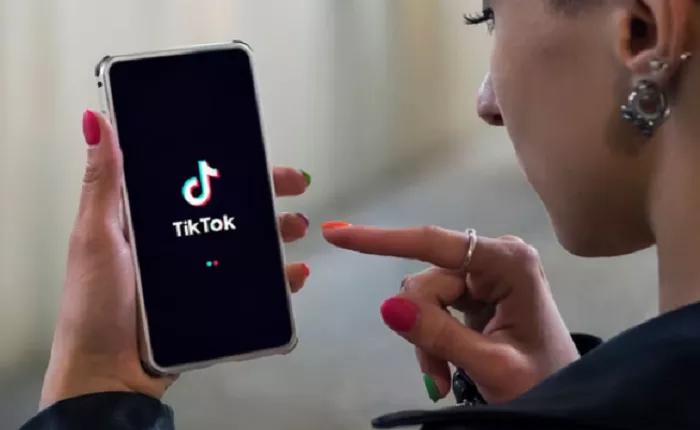On March 13, 2025, the Albanian government announced a one-year ban on TikTok, citing cybersecurity threats and the harmful effects of some content on young users.
But the ban has had little impact. Many Albanians continue using the app by bypassing restrictions through virtual private networks (VPNs).
Data shows TikTok remains widely used. According to ByteDance, the platform had 1.53 million users over the age of 18 in Albania by the end of 2024. That’s a large share of the country’s 2.4 million people.
A report from Pikasa Analytics revealed that the ban caused only a 3.3% drop in TikTok posts. Surprisingly, video views increased by 14% in the week after the ban took effect.
VPN usage has skyrocketed. ProtonVPN reported a 1,200% increase in traffic from Albania on the day the ban started. The demand remains high. VPN apps are now the third most downloaded in Albania, following ChatGPT and Temu.
Popular influencers are still active. One of them, Keishliii, has over 134,000 followers and an engagement rate of 5.8%. Her videos continue to attract attention, with an average of 101,200 views and 4,700 likes per post.
Another creator, Hatixhe Brika—known as Hati—has seen a 30% rise in followers since January 2025. She now has over 512,000 followers and a total of 32 million likes.
So what does this all mean?
According to technology expert Tomi Kallanxhi, the ban highlights how difficult it is to control access to digital platforms in today’s world.
“The growth in VPN usage and the steady activity on TikTok show that people are ready to overcome restrictions,” he said.
Kallanxhi added that the ban had an unexpected side effect: it encouraged users to learn new digital tools. “Some users figured out how to use VPNs, change network settings, or install protective apps just to get back on TikTok. That’s a kind of digital education,” he explained.
He believes TikTok’s algorithm plays a big role in its success. It personalizes content effectively, which keeps users engaged—especially young people. For many in Generation Z, TikTok is becoming more popular than YouTube.
“Today, about 67% of young Albanians use TikTok more than YouTube,” Kallanxhi said. “I don’t see this as a problem. It’s a chance to study how young people focus their attention and how we can guide that attention to meaningful content, rather than rely on bans that don’t work.”
Why is TikTok still so popular?
TikTok is more than a short-video app. It’s a platform for entertainment, education, shopping, and activism. Its fast content delivery and wide reach give users a powerful voice.
In Albania, it has become a key tool for influencers, artists, small business owners, and even political opposition figures. Some politicians have criticized the ban, calling it a political move to silence dissent ahead of elections.


